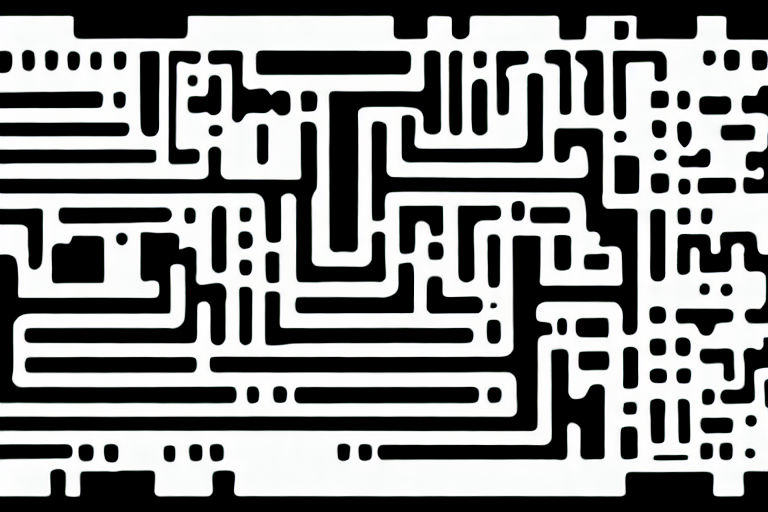Exploring the Unique Properties of Prime Numbers and their Effect on Modern Computing
Prime numbers are a fascinating topic in mathematics, and they have proven to be invaluable in modern computing. In this article, we will explore the unique properties of prime numbers and how they have an impact on computing.
What are prime numbers?
A prime number is a number that can only be divided by 1 and itself. For example, 2, 3, 5, 7, 11 are all prime numbers. Prime numbers play a crucial role in cryptography, data security, and public key infrastructure.
How are prime numbers used in encryption?
Prime numbers are used in encryption algorithms such as RSA, or Rivest-Shamir-Adleman. RSA encryption makes use of prime numbers to create private keys, which are then used to encrypt data. The larger the prime number, the more secure the encryption.
Prime numbers in hashing algorithms
Hashing algorithms are used to convert data of arbitrary length into a fixed-length hash. Prime numbers are used in hashing algorithms to create a unique hash. Any slight change in the input data will result in a completely different hash code. This property is crucial in ensuring the integrity of the data.
Prime numbers and computer performance
Prime numbers are also frequently used in computer programming to optimize performance. For example, prime numbers are used to determine the size of hash tables and arrays. By using prime numbers as the size of a data structure, collisions are reduced, which leads to better performance.
Conclusion
In conclusion, prime numbers are unique and fascinating mathematical concepts that have a profound impact on modern computing. From data security to optimization of computer performance, prime numbers play an essential role in various computing areas. As computing technology continues to evolve, we can only expect prime numbers to feature more prominently in the technology of tomorrow.



